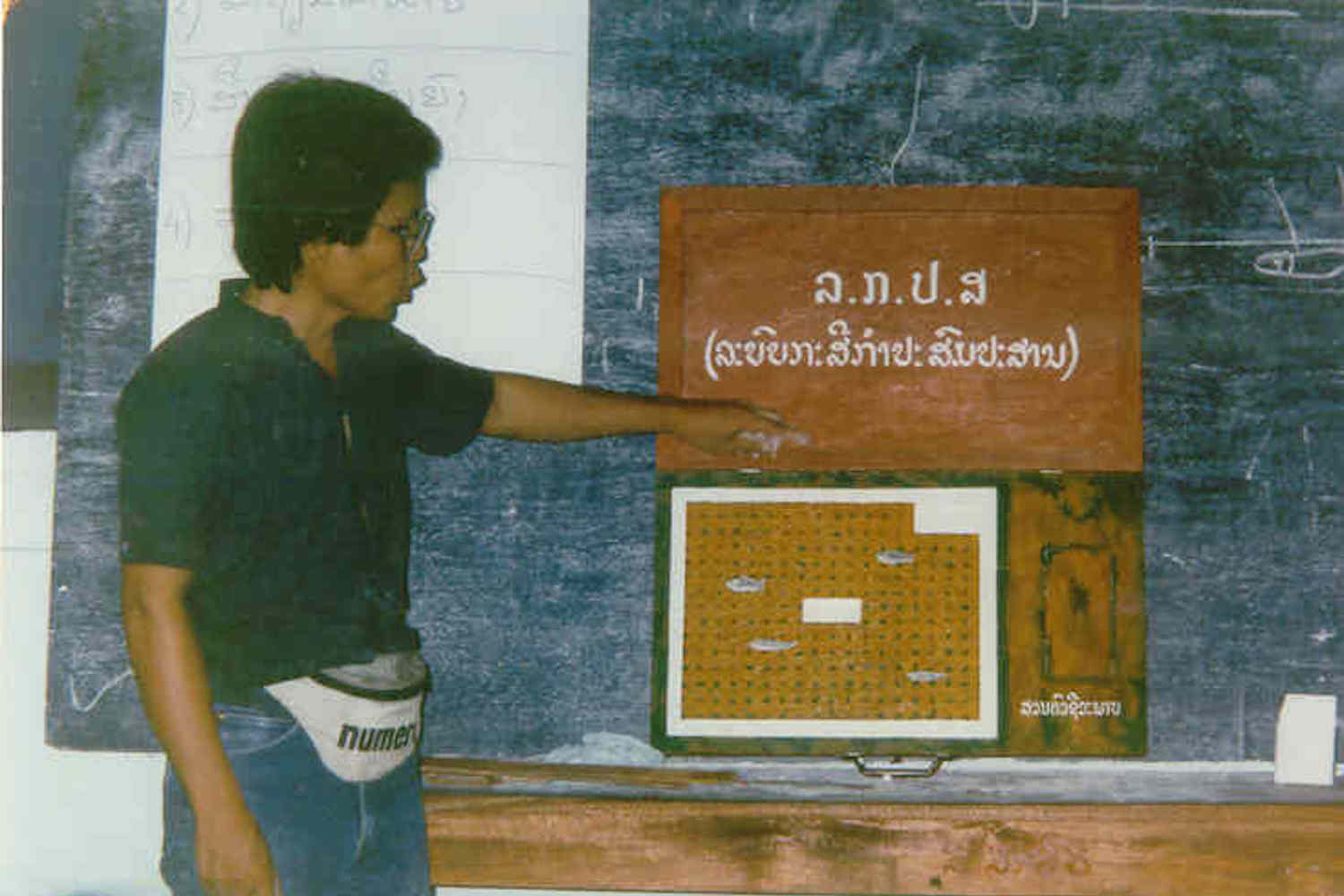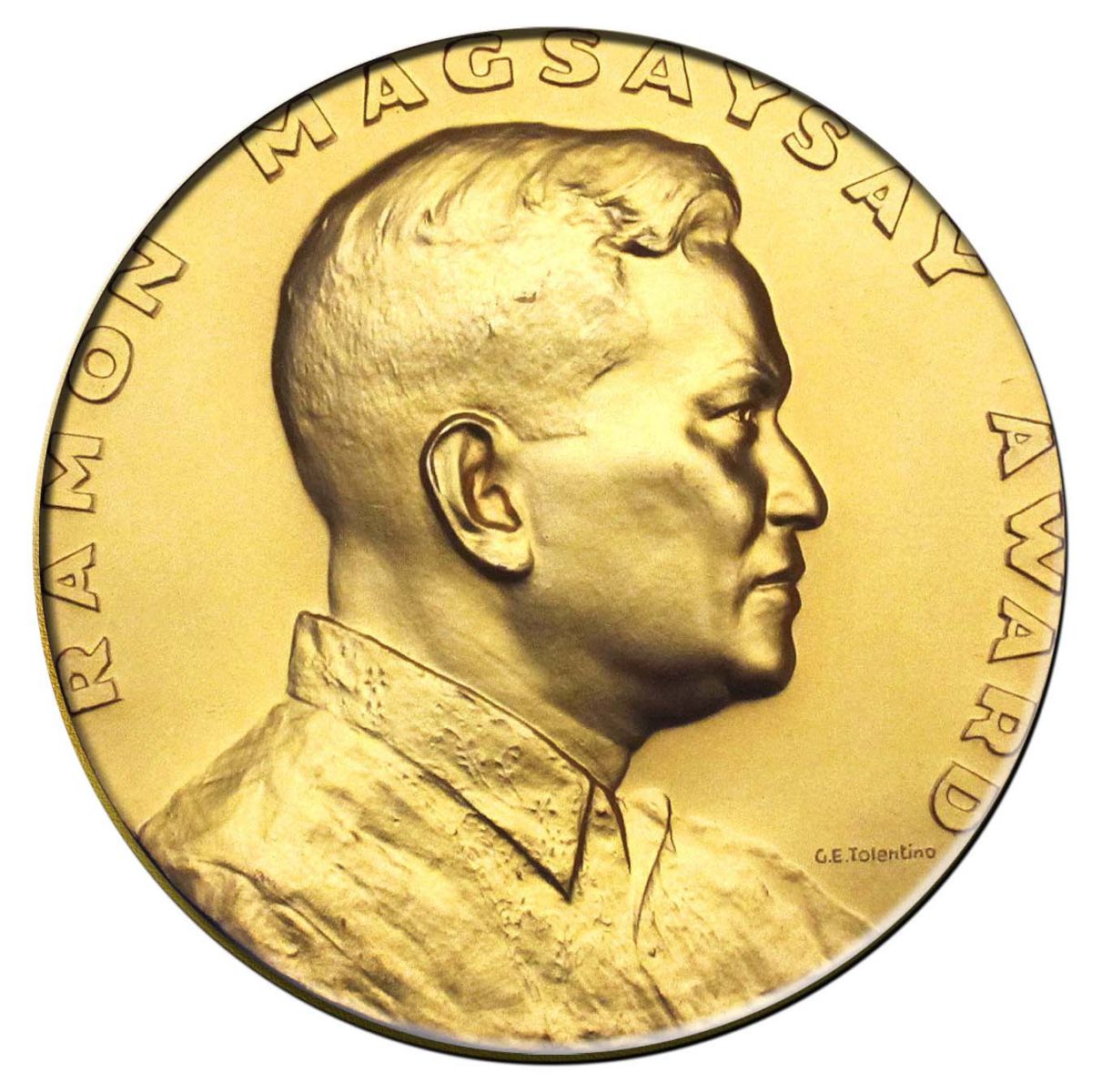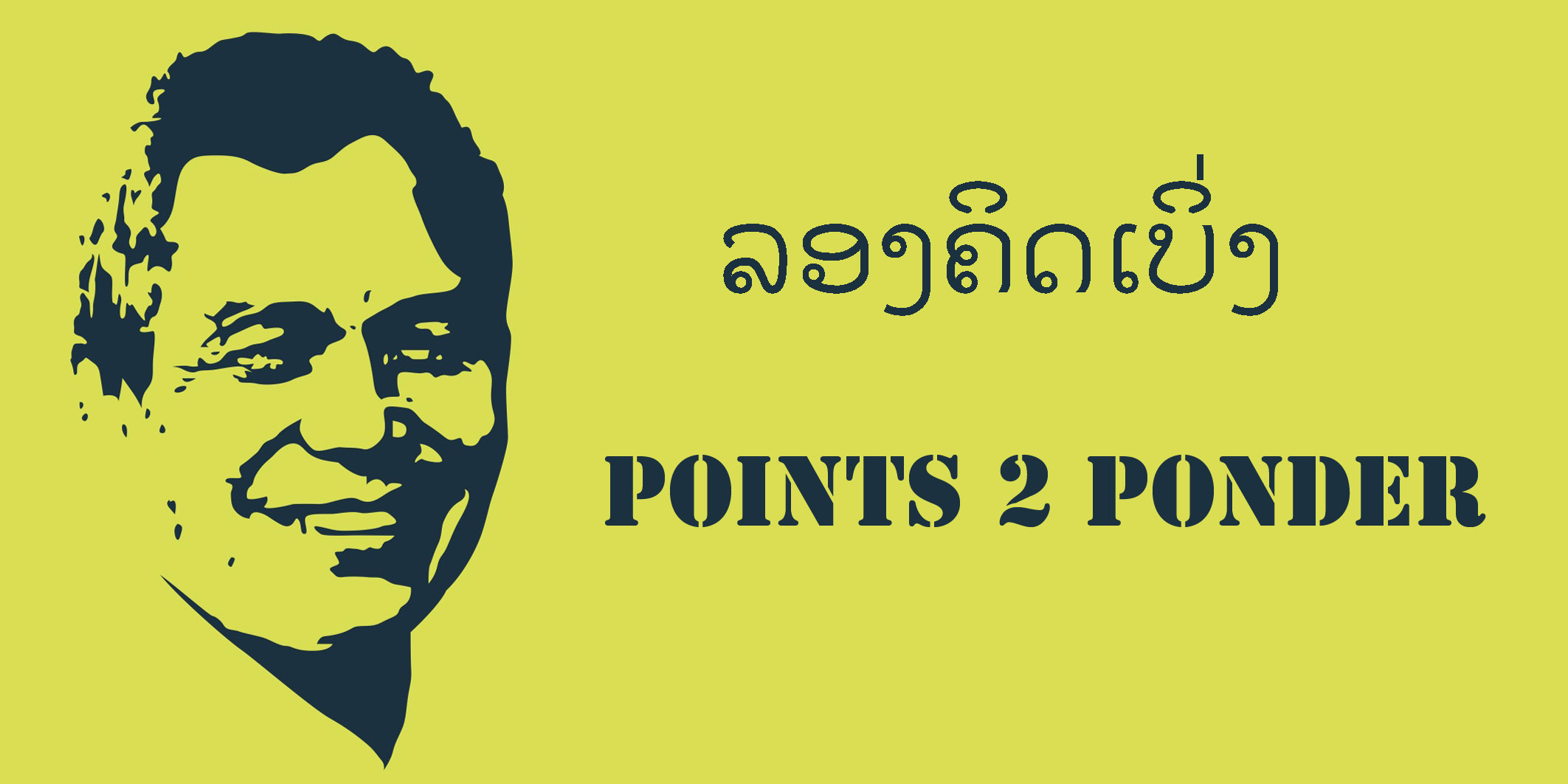The Sombath Initiative: 02 July 2015
 Rehashed Rhetoric & Continuing Contradictions: The Lao Government Response to the 2nd Cycle UPR Recommendations
Rehashed Rhetoric & Continuing Contradictions: The Lao Government Response to the 2nd Cycle UPR Recommendations
On June 24th, the Lao government gave its response to the 196 recommendations presented at its 2nd cycle Universal Periodic Review held in Geneva in January.[1]
They contain few surprises. Perhaps most notable is the repeated rhetoric and continuing contradictions.
The International Convention for the Protection of All Persons from Enforced Disappearance (ICPPED)
The Lao government agreed to ratify the ICPPED convention during the 1st cycle UPR in 2010. Although it failed to do so, it again accepted recommendations to this effect from the Netherlands, Canada, Argentina and Spain (#20, 21 & 27).
It does not, however, accept the recommendation from Uruguay (#22) that it ratify the convention without reservation, claiming it “…will be able to do so only after a thorough study of the convention.”
Italy, Brazil, Germany and France (#23-26) also recommend ratifying the convention, along with thorough and impartial investigations into related cases.
These are also not accepted because “The alleged cases have been investigated by related authorities and found out that such allegations are not true.“
The ICPPED is 18 pages and 7,234 words. Five years is ample time for a thorough study, particularly given the prior commitment to do so.
Moreover, if all the allegations regarding this crime have been found to be false, why is it not possible to ratify the convention without reservation?
Sombath Somphone
In their recommendations, Germany, Luxembourg, Poland, Portugal, Sweden, Switzerland, the United Kingdom, Australia, Canada and Finland (#25, 94-101, 151) specifically call for a prompt and independent investigation into the disappearance of Sombath Somphone.
Some of these are accepted, while others are not because they “…partly contain the language or wording that do not reflect the reality in the Lao PDR.”
Despite the UPR recommendations of 20 nations, repeated calls from numerous other governments and world leaders, and the conclusions of the UN OHCHR, the WGEID, the European Union, and nearly every international human rights organisation, the Lao government steadfastly adheres to the claim it has conducted a serious investigation. Continue reading “Response to UPR: Rehashed Rhetoric & Continuing Contradictions”
 On July 29-31, the Citizen’s Alliance on North Korean Human Rights organised a seminar “Enforced Disappearances – Lessons for Korea” in Seoul. Shuimeng Ng gave a presentation on the disappearance of Sombath Somphone, and the challenges faced by families in finding answers in the Lao context. Other presentations included perspectives from Indonesia, Timor-Leste, Guatemala, and many others.
On July 29-31, the Citizen’s Alliance on North Korean Human Rights organised a seminar “Enforced Disappearances – Lessons for Korea” in Seoul. Shuimeng Ng gave a presentation on the disappearance of Sombath Somphone, and the challenges faced by families in finding answers in the Lao context. Other presentations included perspectives from Indonesia, Timor-Leste, Guatemala, and many others.


 On Monday, July 27th, participants of the 2015 Chulalongkorn University Right Livelihood Summer School (CURLS) had an opportunity to learn about Sombath, his work, and his enforced disappearance.
On Monday, July 27th, participants of the 2015 Chulalongkorn University Right Livelihood Summer School (CURLS) had an opportunity to learn about Sombath, his work, and his enforced disappearance.
 If Lao citizens, Lao media, and Lao civil society organisations, as well as UN and NGO agencies working in Laos, are not able to speak about Sombath Somphone, how many other enforced disappearances, unlawful detentions and other human rights violations are being hidden?
If Lao citizens, Lao media, and Lao civil society organisations, as well as UN and NGO agencies working in Laos, are not able to speak about Sombath Somphone, how many other enforced disappearances, unlawful detentions and other human rights violations are being hidden?



 Rehashed Rhetoric & Continuing Contradictions: The Lao Government Response to the 2nd Cycle UPR Recommendations
Rehashed Rhetoric & Continuing Contradictions: The Lao Government Response to the 2nd Cycle UPR Recommendations